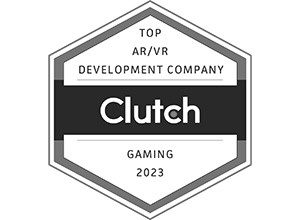In our modern era, it is quite surprising to not see a popular and top-selling PC/console game which is not ported to mobile or adapted to a standalone app. This just speaks to the impressive prevalence of porting, which has grown to dominate a large segment of game development projects. The burgeoning business of porting games to Android and iOS has a proven track record of helping publishers make the most profit off their IPs, and they achieve this by adding new features (giving existing users what they want), and expanding their audience through a bigger platform.
While the merits of porting is an interesting topic in its own right, we want to focus more on how it happens and what a business can expect if they choose to port one of their games. Hopefully, it will also provide some insight on how to approach this endeavor properly.
Looking for game porting services?
What are the Challenges of Video Game Porting to Mobile?
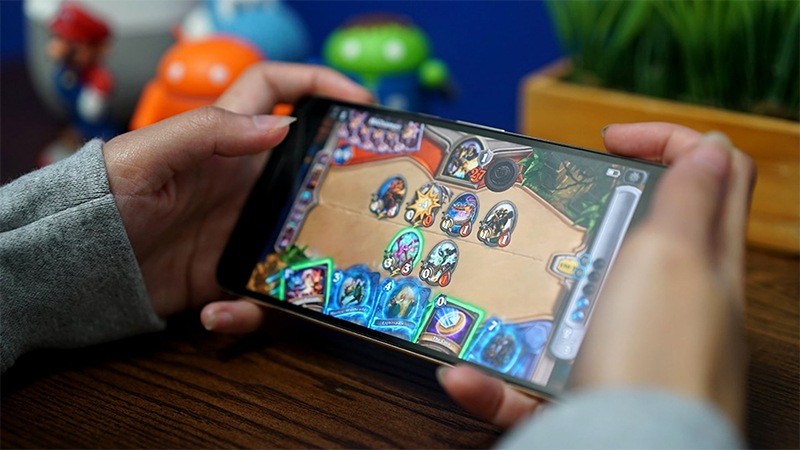
If you want your project to succeed, it is essential to be aware of the stumbling blocks and challenges that come up during development, as they can delay the process or halt it altogether if the team is not experienced or resourceful enough to overcome them. Some of the greatest challenges can include:
Converting code to a new language
When a new game is made, its creators choose a set of tools and a language for it based on how well they will allow it to run. Unfortunately, the language and tools rarely match the requirements of the new platform that the title is being adapted to.
For example, the Fez game was initially written in C#, but the studio that wanted to adapt it to PlayStation found that converting the code to C++ would be the best path forward. Modern-day developers can get it done by rewriting code or converting sections of it with multiple freely-available transpilers.
A lack of software compatibility
It is no secret that adapted titles tend to carry over plenty of code and assets from the original release, but few people consider how challenging it can be to obtain and make sense of the code. The impediment here can be the software and tools used for the original application. For example, the original developers might have used a custom-made engine and some exotic libraries for the code, so the new team won’t immediately have access to the same tools and source code.
Balancing graphics and performance
Despite the great advancements that have impacted mobile tech over the last 10 years, these gadgets are far behind PCs and consoles in terms of graphics and performance. Thus, a team that wants to provide a gaming experience similar to the original work will normally have a lot of adjusting to do before they find the way to provide the best possible graphics without overtaxing device CPUs.
App store compliance
It is crucial to remember that transferring an app to a new platform subjects it to the rules of the platform. Thus, where console and PC titles grant broad freedom of content and monetization, app stores tend to have much more stringent rules and do not hesitate to take down offenders, as we have seen recently with Apple and Fortnite. The bottom line is, taking your app to mobile marketplaces may require thorough changes to content and payment features.
Changes to controls
When you switch from one platform to another, there are bound to be key differences in how users control the gameplay. For example, a PC title might be controlled with the help of a mouse and keyboard, but a smartphone does not have these things. In fact, it typically does not have any app-related buttons whatsoever. Thus, the developers with the tough job of adapting the controls must find a way of substituting the previous controls for viable ones, whether this means implementing touch gestures or adding virtual buttons and action toggles to the interface.
Requirements for PC and Console Games Ported to Android and iOS
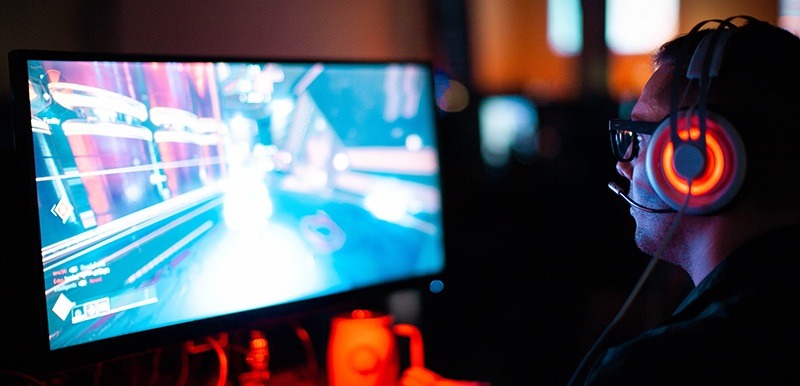
Porting projects can carry different scope and a wide range of peculiarities, but you can still refer to some general requirements and guidelines:
A well-equipped team
You won’t get far in your project without a capable team. Normally, it will include several developers, artists and designers, one or several project managers, as well as QA engineers. As the next logical step, these experts also need to be provided with the hardware (computers, testing gadgets, server resources, etc.) needed to handle development.
How much does it cost to port a game?
Much less than the cost of making the original version. Adapted versions traditionally reuse plenty of code and assets from the original release, so most of the costs go into paying the specialists that rework and repurpose the application, along with costs of software licensing. With that said, porting can still amount to a hefty sum, making up half or more of the original cost. Thus, most projects with even a moderate amount of content cost over $50,000 to adapt.
How long does the process take?
Usually several months. Naturally, big AAA releases and games with a slew of complicated features take the longest, but most of the indie and semi-popular releases can be successfully adapted in under half a year. Porting PC games to Android and iOS can also be particularly protracted when there is a big disparity in the graphics of the old and new versions.
What if we hire a development partner?
This is not a requirement per se, but it can be a true blessing to your business. A capable porting studio can shoulder most of your project, eliminating any need you might have of hiring and training specialists for it. They should also apply substantial expertise and a united team to deliver the product within deadlines and budgets. This is generally considered the fastest and most affordable way of completing such projects for businesses operating in regions with high developer commission rates.
How Game-Ace Approaches Porting
As a studio that has years of experience in porting, we have worked out an algorithm for such projects which we apply with great success. The basic steps include:
- Preparation and strategy
- Writing code and optimizing
- Testing and release
When we are tasked with a project, the first thing we do is organize what needs to be done. This includes analyzing the tech stack of the original title and which tools can be used to carry over the experience to the new platform. Additionally, we create a list of new features (with the publisher’s input) that should be implemented, along with the old ones that should be removed.
This stage takes up the most time during a project, which is understandable given the amount of work that takes place. First, there is the matter of making the application boot on the new platform. Naturally, this requires carrying over many assets and compiling lots of code, and sometimes, a lack of suitable tools even forces a complete rewrite of the existing code. In this regard, porting Unity games to Android or iOS is very convenient, as most of the work can take place in a single engine.
Once it is demonstrated that the game can boot up on the target platform, all of the bells and whistles that made the original experience unique are added. This includes establishing graphic calls and graphic optimization followed by wrangling performance to a level that ensures stability on mobile devices. Failure to optimize performance can lead to an app running slow, crashing, or causing devices to overheat.
Finally, any hidden bottlenecks, bugs, and performance issues can be identified by QA engineers and ironed out prior to launch. We perform rigorous testing to make sure that the user experience is stable and enjoyable whilst the publisher’s vision remains intact.
Port Your Game with Game-Ace
Our porting services extend to a number of genres and platforms, and is not limited to just iOS or Android. We can successfully deploy to Web, PC, and consoles, as well as more niche platforms like Vive, Hololens, and Oculus. Our primary choices of software in this field are Unity, Unreal Engine, and Vuforia, though we are certainly ready and capable of engaging other tools when the situation demands it.
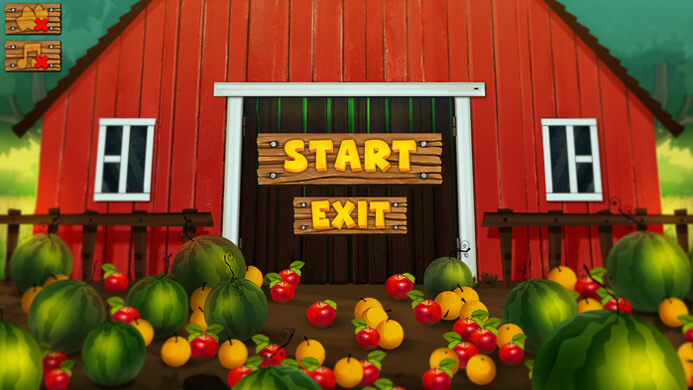
We have dozens of developers, designers, and other specialists at the ready to tackle new projects, so we can definitely push your project forward swiftly whilst maintaining quality. All it takes to get started and discuss cooperation is a call or email. You can contact us through any of the available methods on the page.
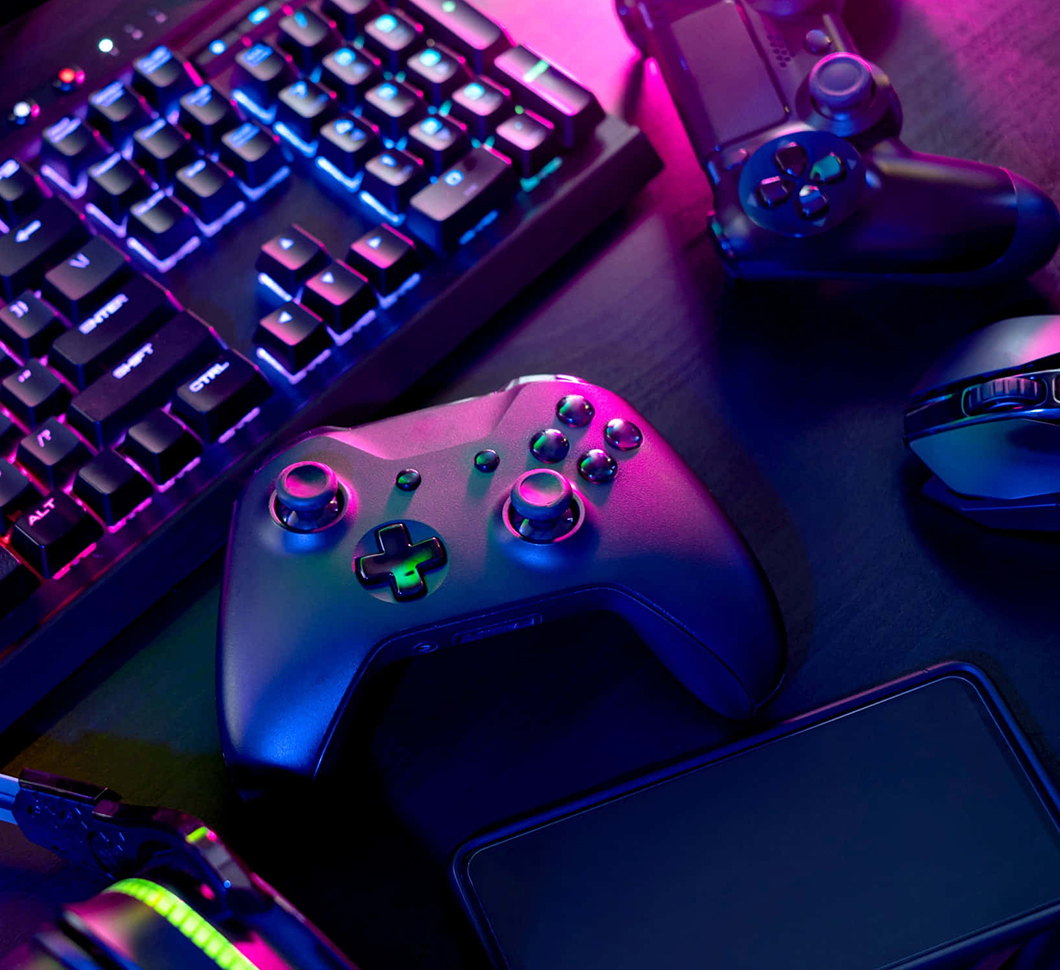 The Quest for Excellence: Unveiling the Best Gaming Platforms of Today
The Quest for Excellence: Unveiling the Best Gaming Platforms of Today 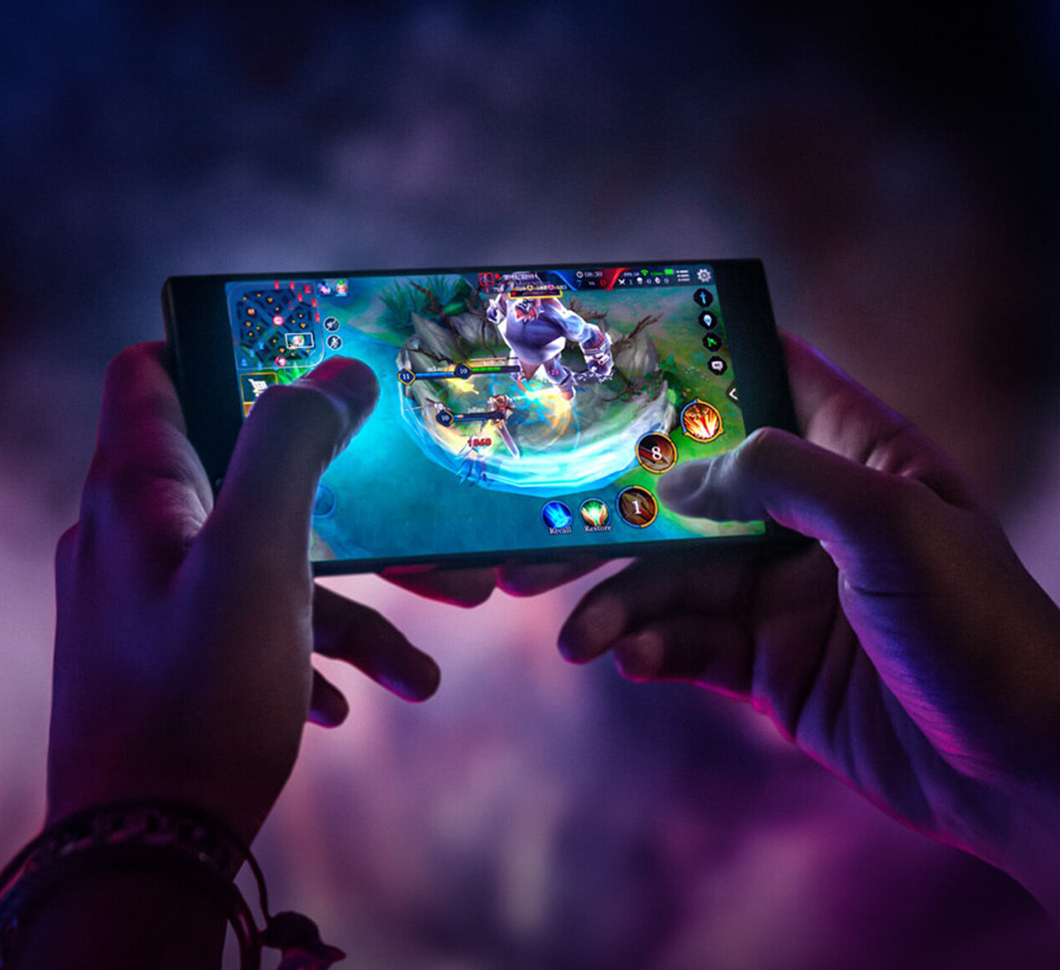 Mobile Gaming Trends 2024: Genres, Technologies, Demographics
Mobile Gaming Trends 2024: Genres, Technologies, Demographics 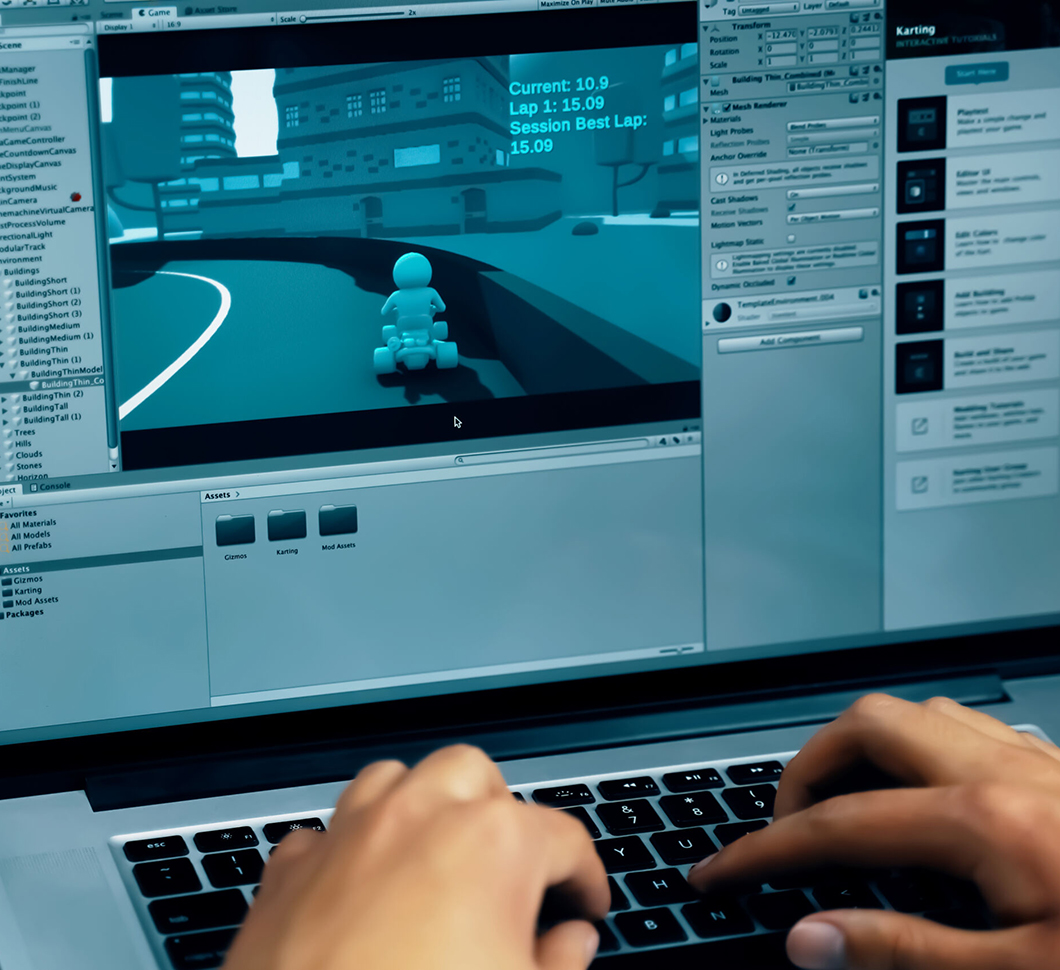 How to Make a Mobile Game in Unity 2024
How to Make a Mobile Game in Unity 2024 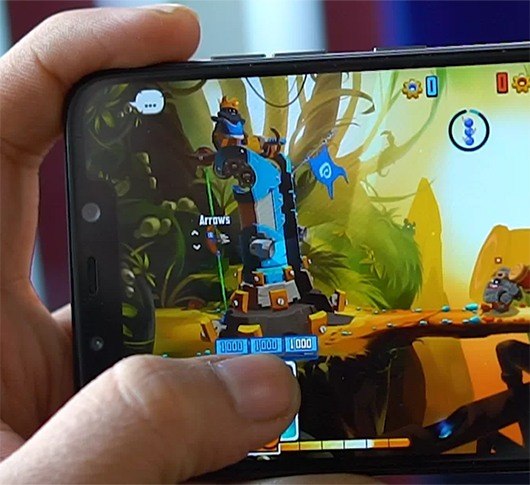 Mobile Game Testing: Types, Tools, and More
Mobile Game Testing: Types, Tools, and More 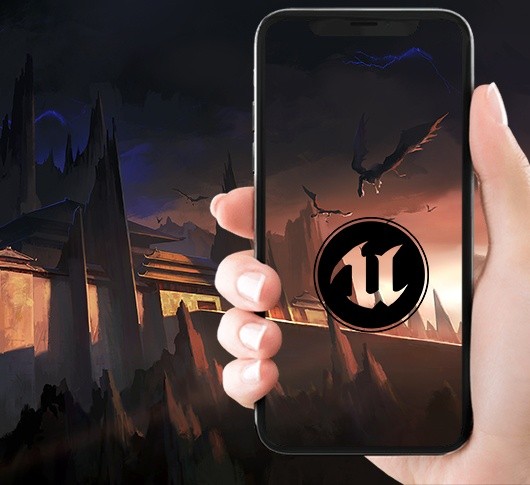 Choosing Unreal Engine for Android Game Development: What to Expect
Choosing Unreal Engine for Android Game Development: What to Expect 






